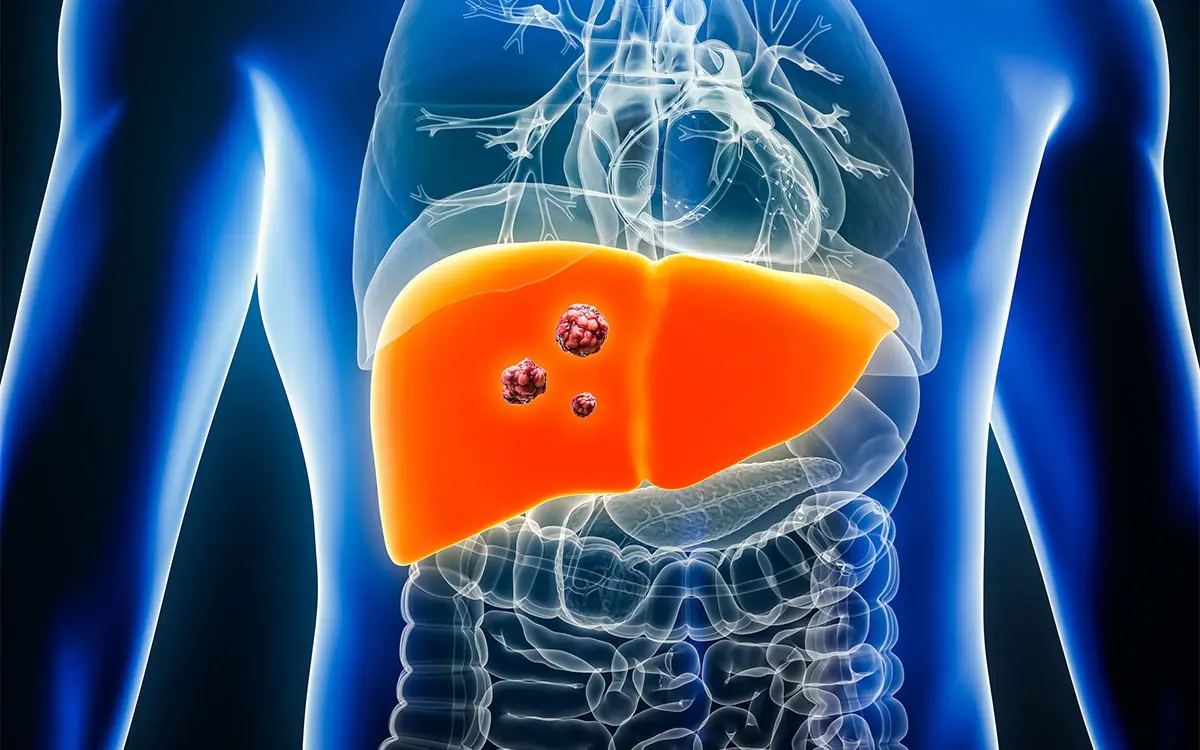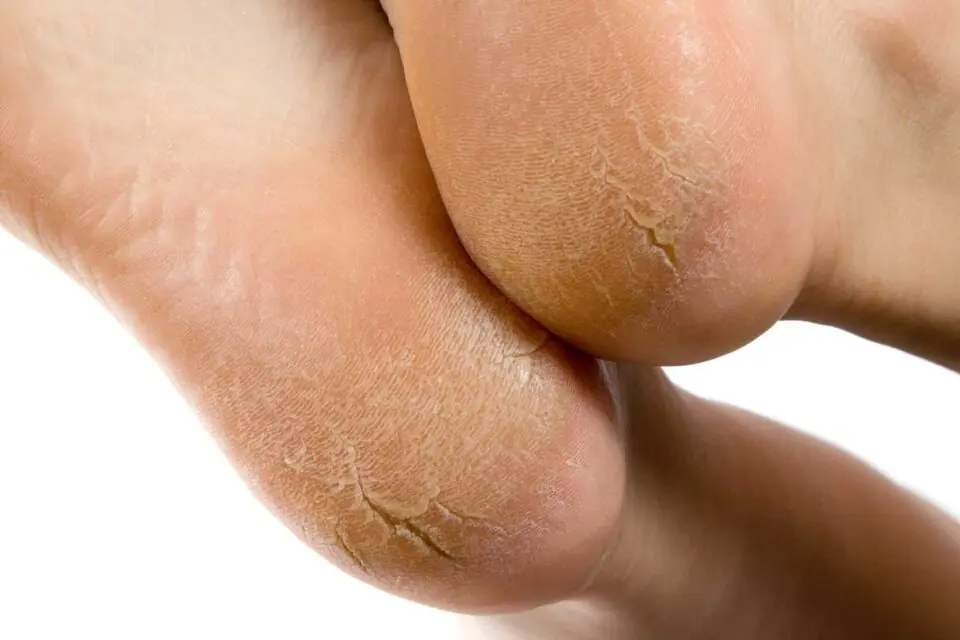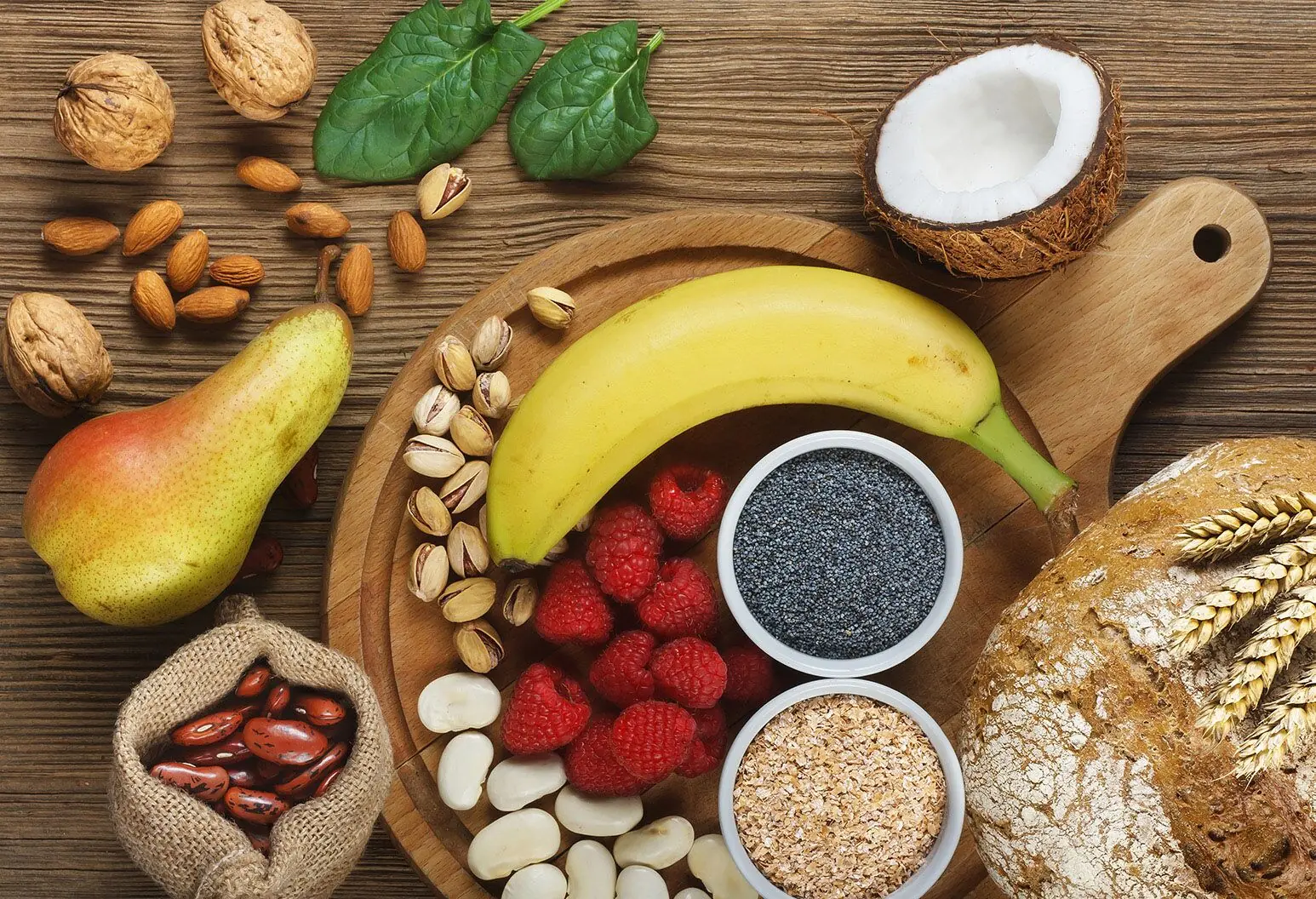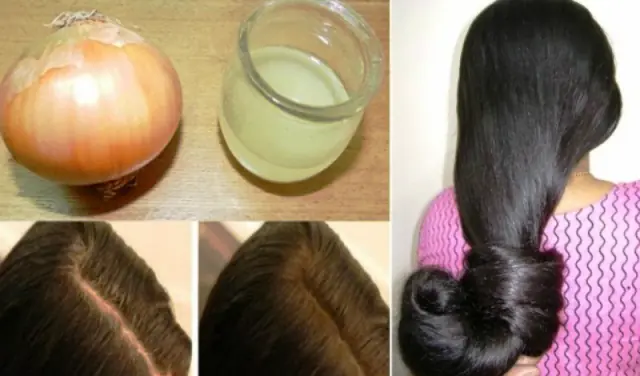
Proven Health Benefits and Uses of Thyme and Thyme Tea
🌿 The Remarkable Health Benefits and Uses of Thyme and Thyme Tea
Thyme (Thymus vulgaris) is more than just a flavorful herb—it’s a powerhouse of medicinal properties that have been celebrated for centuries. From soothing respiratory ailments to enhancing skin health, thyme and its derivatives like thyme tea and essential oil offer a wide range of therapeutic benefits.
🌱 What Is Thyme?
Thyme is an aromatic perennial herb native to the Mediterranean region. It thrives in sunny climates and is widely used in culinary and medicinal applications. Rich in antioxidants, thyme is considered one of the most potent herbs for promoting overall wellness. Scientific studies have shown that thyme contains compounds like thymol and carvacrol, which exhibit strong antibacterial, antifungal, and anti-inflammatory properties.
🍵 What Is Thyme Tea?
Thyme tea is a simple yet potent herbal infusion made by steeping fresh or dried thyme leaves in hot water. This soothing beverage is known to:
-
Relieve coughs and bronchitis
-
Support digestion
-
Reduce inflammation
-
Strengthen the immune system
-
Promote restful sleep
Its high vitamin C content and antimicrobial properties make it a go-to remedy for colds, flu, and sore throats.
🧪 Nutritional Profile of Thyme
Thyme is packed with essential nutrients, including:
-
Vitamins: A, C, E, and K
-
Minerals: Calcium, iron, potassium, and phosphorus
-
Antioxidants: Thymol, luteolin, and apigenin
These nutrients contribute to thyme’s ability to support cardiovascular health, fight infections, and improve skin conditions.
🧴 Thyme Essential Oil
Thyme essential oil is extracted from the leaves and flowers of the plant and is highly concentrated in beneficial compounds. It’s effective against bacteria such as E. coli, Staphylococcus aureus, and Salmonella. It also combats fungal infections and can be used topically (diluted with a carrier oil) to treat acne, wounds, and skin irritations.
🍯 How to Make Thyme Tea
Ingredients:
-
1 tsp dried thyme (or 3 tsp fresh thyme)
-
1 cup boiling water
-
Optional: 1 tsp honey
Instructions:
-
Pour boiling water over thyme.
-
Cover and steep for 10 minutes.
-
Strain and add honey once cooled slightly.
-
Drink 2–3 times daily for best results.
You can also use cooled thyme tea as a gargle for sore throats or apply it to the skin to treat infections.
💪 Health Benefits of Thyme
❤️ 1. Reduces Blood Pressure
Thyme’s antioxidant compounds help lower both systolic and diastolic blood pressure. Studies show it may also reduce LDL cholesterol, making it beneficial for heart health. Replacing salt with thyme in meals is a flavorful way to support cardiovascular wellness.
🤧 2. Fights Cold and Flu
Thyme tea’s antimicrobial and antispasmodic properties make it ideal for treating respiratory infections. It helps break up mucus, suppress coughing, and soothe sore throats. Inhaling thyme essential oil vapors can further relieve congestion and inflammation.
🦠 3. Treats Strep Throat
Thyme essential oil is effective against Streptococcus bacteria. Gargling with thyme tea or inhaling its vapors can help alleviate symptoms of strep throat and tonsillitis.
🫁 4. Relieves Bronchitis
Clinical studies show that thyme combined with primrose or ivy leaf can reduce coughing fits and clear mucus in bronchitis patients. Drinking thyme tea regularly can accelerate recovery.
🌬️ 5. Eases Allergy Symptoms
Thyme’s antispasmodic effects help relax the respiratory system, making it useful for asthma and allergy relief. It reduces inflammation and improves breathing when consumed or inhaled.
🍽️ 6. Treats Food Poisoning
Thyme’s antimicrobial compounds combat pathogens responsible for foodborne illnesses. Drinking thyme tea can ease stomach cramps, diarrhea, and nausea, while adding thyme to meals may prevent contamination.
💩 7. Alleviates Diarrhea
Thyme tea soothes the digestive tract and reduces inflammation in the colon. It’s especially helpful for diarrhea caused by infections or inflammatory bowel conditions.
🍄 8. Fights Fungal Infections
Thyme’s thymol and carvacrol are potent antifungal agents. They help treat yeast infections and skin conditions caused by fungal pathogens.
🌟 Additional Uses and Tips
-
Skin Toner: Apply cooled thyme tea with a cotton ball to cleanse and disinfect skin.
-
Aromatherapy: Use thyme essential oil in a diffuser to purify air and ease breathing.
-
Culinary Delight: Add fresh thyme to soups, stews, and roasted dishes for flavor and health benefits.
News in the same category


A Kentucky State Trooper’s Quiet Act of Compassion That Brightened a Family’s Day.

I Let My Lonely Neighbor Stay with Me While His House Was Being Repaired After the Storm, and It Didn't Take Long to Understand Why He Was Alone – Story of the Day

One Day, I Saw a 'Just Had a Baby' Sticker on My Boyfriend's Car, but We'd Never Had a Baby – Story of the Day

3 Family Drama Stories That Will Leave You Speechless

Husband Sent Me & the Kids to a Hotel for a Week – I Thought He Was Cheating, but the Truth Was Unbelievable

The Race That Was Won With Honor, Not Speed

Eyes Full of Hope, Heart Full of Trust.

I Haven’t Seen My Daughter in 13 Years — Then a Letter Arrived from a Grandson I Never Knew

Wife Left Husband to Raise Their Baby Alone — 20 Years Later, She Reached Out to Their Daughter

My Stepmom Crashed My Birthday and Made the Most Ridiculous Demand

He Promised She'd Only Be a Few Days, but Now His 'Best Friend' Has Moved In with Us – Story of the Day

After We Bought Our Dream Home, My Husband Began Visiting the Old Neighbor Lady Who 'Needed a Man's Help' – One Day I Saw What He Was Really Doing There

My Stepmom Came to My Wedding in a White Dress, Saying She 'Deserves Attention Too' – So My Husband Taught Her a Real Lesson

Cop Turns the Tables on Lemonade Stand Complaint

Critically Endangered Clouded Leopard Cub Born at Nashville Zoo to Be Hand-Reared for Survival.

My Entitled Sister Laughed When Her Kids Broke My Work $2,200 iPad — Instead I Taught Her a Lesson of Responsibility

My MIL Asked Me to Give Her Access to Our Baby Monitor So She Could Feel Closer to Her Grandkid – But Her Real Reason Made Me Go Pale

For Three Years, My Husband Missed Every One of My Birthdays, I Only Learned the Truth After We Divorced — Story of the Day

I Thought I Was a Wedding Guest – My Sister Just Wanted a Free Driver
News Post

14 Warning Signs of Low Magnesium Levels and What to Do About It (Science Based)

5 Unconventional Signs of Breast Cancer That You Must Know About

Low FT3 Levels Predict Risk for Nerve Damage in Diabetes

Doctors Urge: Don’t Ignore Unexplained Bruising — These Hidden Reasons Could Be the Cause

12 Urgent Warning Signs You’re Eating Too Much Sugar

5 Common Habits Silently Destroying Your Liver (Most People Do Them!)

Where Do You Stand on the Sitting-Rising Test?

The Ultimate Guide to Marinating Fish

The Pros and Cons of Sleeping with a Fan On

One Button, Big Savings: Cut Energy Costs with Every Wash

10 Symptoms of Kidney Disease

10 Types of Toxic Friends to Avoid

Index Finger Length: Personality and Fortune

5 Potential Health Benefits of Macadamia Nuts

How to Exercise Safely When You Have Atrial Fibrillation

How to Get Rid of Dead Dry Skin on Feet

Foods to Eat if You Need to Poop – The Best Natural Laxatives

How to Make Onion Juice for Hair Growth & Strong Hair

3 Best Ways to Boil Sweet Potatoes for Maximum Flavor
